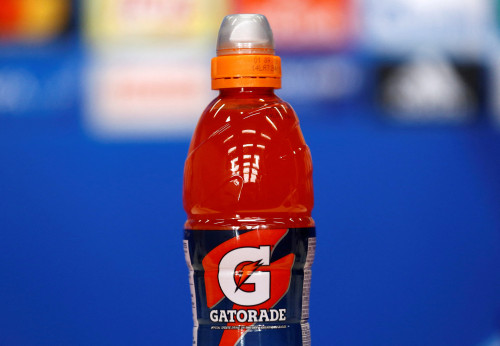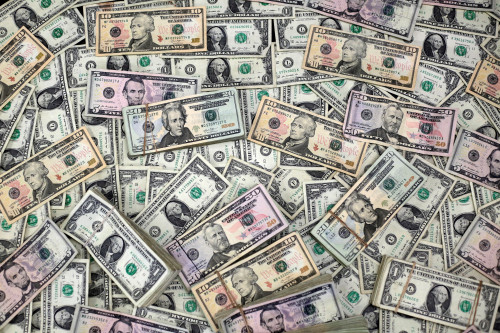By Jonathan Stempel
NEW YORK (Reuters) – PepsiCo’s Gatorade unit on Monday won the dismissal of a lawsuit by former world champion sprinter Issam Asinga, who blamed his four-year doping ban on eating “recovery gummies” contaminated by a performance-enhancing drug.
U.S. District Judge Cathy Seibel in White Plains, New York, said Asinga, who is from Suriname, could not pursue strict liability and negligence claims because he did not allege that eating the gummies caused physical injury.
She also found no proof that Gatorade intentionally caused him to ingest a banned substance, thereby undermining his athletic scholarship from Texas A&M University and agreement to abide by world anti-doping rules.
“The court understands how unsatisfying this decision will be” for Asinga, if he were “deprived of his athletic career for four years through no fault of his own. Unfortunately, the causes of action he has asserted are not the right fit for the circumstances.”
Ali Chardon, a lawyer for Asinga, in an email said the decision left her client with “no way to access justice” for losing his track career. “We think the decision is wrong, and are evaluating next steps,” Chardon added.
PepsiCo, based in Purchase, New York, and Gatorade lawyers did not immediately respond to requests for comment.
The Athletics Integrity Unit, which oversees track and field’s anti-doping program, suspended Asinga last May, stripping him of two South American Championship gold medals and his under-20 100 meters record time of 9.89 seconds.
Asinga, now 20, also beat American world champion Noah Lyles at 100 meters in a wind-aided 9.83 seconds.
In his lawsuit, Asinga said Gatorade gave him gummies tainted by the drug cardarine when he traveled to Los Angeles in July 2023 to accept the company’s National Player of the Year Award.
He said the AIU panel banned him because he could not provide proof of contamination from a sealed bottle of gummies with the same lot number.
Asinga also said Gatorade falsely claimed that the gummies were “certified for sport” by NSF, an independent Michigan-based nongovernmental organization that certifies when products are free from substances banned by the World Anti-Doping Agency.
The case is Asinga v Gatorade Co, U.S. District Court, Southern District of New York, No. 24-05210.
(Reporting by Jonathan Stempel in New York; Editing by Matthew Lewis)




